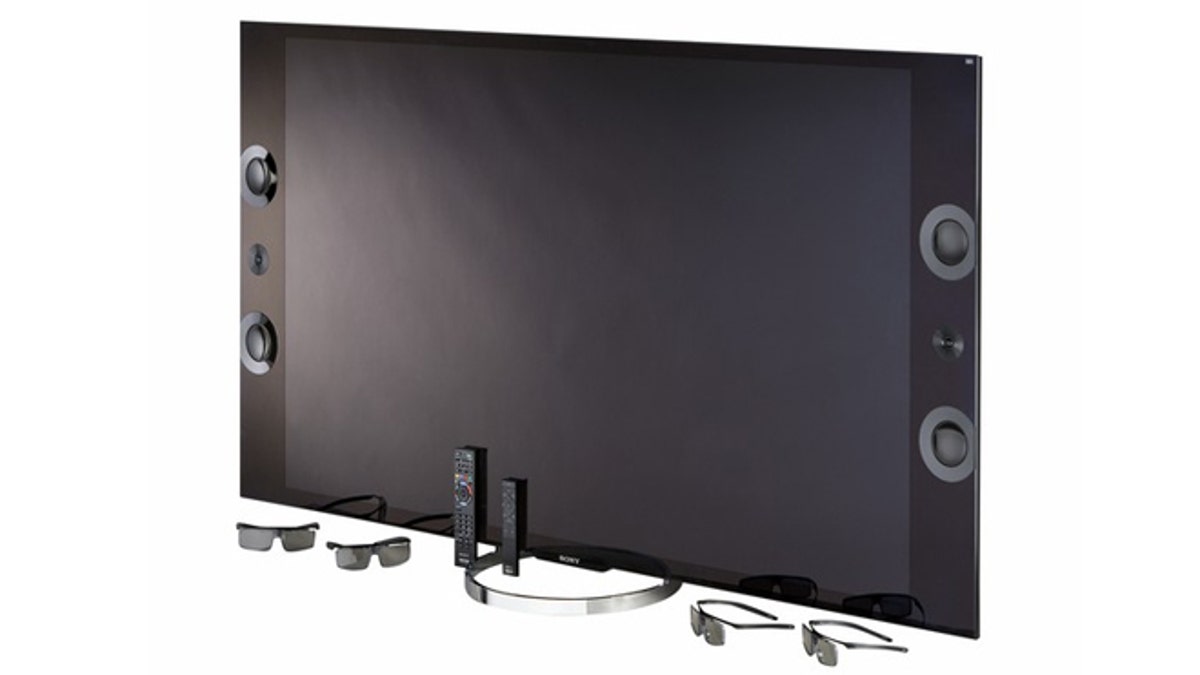
(Sony)
Is Sony considering an exit from the TV business? That's what some are wondering with the company's announcement that it's spinning off its TV business into a separate unit. Fueling the speculation is news that Sony is getting out of the personal-computer business entirely, by selling off its Vaio PC division.
So if you're in the market for a TV, should you be concerned about buying a Sony Bravia set?
We don't think so, for several reasons. Even in a worst-case scenario—the company does exit the TV business, something company executives say there are no current plans to do—Sony would continue to support its products for years after it stopped selling them. That's what it will be doing for Vaio computer customers once the PC unit is sold.
But we also believe that Sony will do everything it can to maintain its high-profile TV business for the foreseeable future. Perhaps the strongest reason is that increasingly, the TV has become the primary display device in the home for all sorts of content, not just TV programming. It's clearly a central element in Sony's vision of the connected home and interoperability among various devices.
Another is that Sony's business model has typically been to provide some enhancements to those who choose to live within Sony's ecosystem. You tend to get either better performance or access to additional features in all-Sony systems. That's been an incentive for people who own one type of Sony product to buy another rather than one from a competitor.
Find the best television for your needs and budget with our TV buying guide and Ratings.
Also, for the last 18 months or so Sony, has been revamping its TV business, reducing the number of Bravia series it offers to help improve manufacturing efficiencies and enable the company to better manage inventories.
In announcing the move, Sony executives said that spinning off the TV unit will allow it to react more nimbly to changing market conditions by speeding up the decision-making process. The company is also expected to save money through staffing reductions as a result of the operational change, which should also help its bottom line.
But we may see some changes in how Sony approaches its TV business. One may be that the company decides that it no longer wants to chase the price-driven, lower-margin TV business. Instead, it may focus on higher-profit opportunities such as 4K Ultra HD TVs and step-up 1080p sets that emphasize performance and features over price.
Sony, which owns a movie studio, has also been at the forefront of delivering 4K content, a business that is likely only to expand. But it does mean that there could be fewer choices when you look at Sony's TV lineup, and its sets may not be sold everywhere they're currently available.
So if you're in the market for a TV this year, we see no reason not to consider a Sony. We haven't yet tested its 2014 sets, but most of the Sony TVs we tested last year did very well in our Ratings. And many were among out top sets in their size category, with excellent or very good picture quality and very effective motion-blur reduction. And the Sony XBR-X900A sets were our top-rated Ultra HD TVs in 2013.
Bottom line: If I were in the market for a new TV this year, Sony would still be on my short list of brands to consider, for either a 1080p or UHD TV.
—James K. Willcox
Copyright © 2005-2014 Consumers Union of U.S., Inc. No reproduction, in whole or in part, without written permission. Consumer Reports has no relationship with any advertisers on this site.
